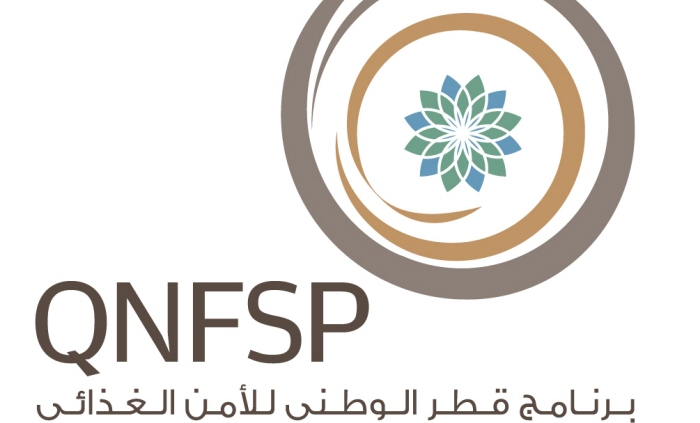Building Qatar’s Food Security Infrastructure
Spotlight | Mark Velders
Research Matters Newsletter,
Qatar National Research Fund
29th of April 2021
Building Qatar’s Food Security Infrastructure
In the past few years, Qatar has committed substantial efforts and resources to strengthen its food security and develop the local farming, poultry, livestock, and fisheries sectors. To outline a clear framework for improving food production, supply, storage, and trade; the Qatar National Food Security Strategy 2018-2023 has been developed to build a robust plan to improve Qatar’s food security.
This month, we feature an interview with Mark Velders, a food security expert, to understand the steps Qatar has been taking towards strengthening its food security and learn about its progress so far. Mr. Velders is an agriculture engineer and consultant to the Qatar National Food Security Initiative coordinated by the Food Security Department at MME. He is also a partner in The Conscious Farmer, an international consultancy assisting farmers and growers phasing out agriculture chemicals and switching to more biological production methods.
Kindly read the interview below:
- Can you briefly outline the main objectives of the Qatar National Food Security Strategy 2018-2023 and how is Qatar progressing towards achieving these goals?
In a nutshell, Qatar’s Food Security strategy aims to improve Qatar’s National Food Security in the most sustainable way by focusing on four pillars including strategic reserves, domestic self-sufficiency, international trade and logistics, and domestic markets.
Over the past few years, we have been successful in improving our domestic self-sufficiency in fresh poultry, dairy, meat, fish, and vegetables, and are now positioned to embark on the second step of increasing production. In the next phase, Qatar plans to implement aquaculture projects that will relieve the pressure off of the local fish stocks and help enhance sustainable levels of fishing and fish stock management in Qatar.
Moreover, Qatar plans for all animal fodder to be grown using recycled water instead of groundwater by 2025 along with establishing organic waste to organic fertilizer production facilities. This will immensely minimize waste and at the same time improve Qatar’s arable lands. All these initiatives are aimed at protecting and improving Qatar’s natural resources, freshwater aquifers, fish stocks, and arable lands for future generations.
In the pillar of international trade, we ensure that steps are taken to reduce trade and trade route dependencies as diversifying trade partners prevents dependence on a single partner to import essential staples like rice or lentils. Contingency planning for trade disruptions assists in keeping our trade options open in the case of any trade route disruption. Due to this approach, we have received positive and encouraging feedback from traders and retailers about Qatar’s preparedness during the ongoing COVID-19 pandemic.
Lastly, the pillar of domestic markets aims to develop policies to improve the transparency, efficiency, and fairness of the local supply chain to ensure that our local farmers get a fair price for their goods through our fully operational farm support program which is assisting over 200 growers in Qatar. We are also in the process of developing and implementing policies to minimize food loss in the supply chain.
- What is the uniqueness of the challenges that Qatar and the region face in terms of food security?
It is obvious that our climate and land conditions are not favorable for local food production. However, we are not alone as there are other countries we can learn from that face the same problems including Singapore, Switzerland, Japan, South Korea, and other countries with limited arable lands and comparable food security issues. However, Qatar’s combined arid lands and an extremely hot and humid climate add to the complexities of its difficulties. This unique set of challenges has triggered various R&D initiatives to innovate viable solutions to irrigate lands that are non-arable and help local farmers and growers adapt to an unfavorable climate that is too harsh for local food production.
- What role/responsibility does the local community have in strengthening Qatar’s food security?
Our local community members are all consumers but are also traders, retailers, food processors, food producers, researchers, students, and policymakers. We all make up the food system of Qatar. All of us are implementation partners and are an integral part of the foundation for the development, implementation, and follow-up of our Food Security initiative. We plan to soon organize community dialogues where we will invite the local community and stakeholders to participate in productive discussions about our strategy, co-create, and improve the Qatar Food System as we know it to make it even more secure, resilient, sustainable, and healthy.
Read the original article on: Spotlight | Mark Velders (qnrf.org)

